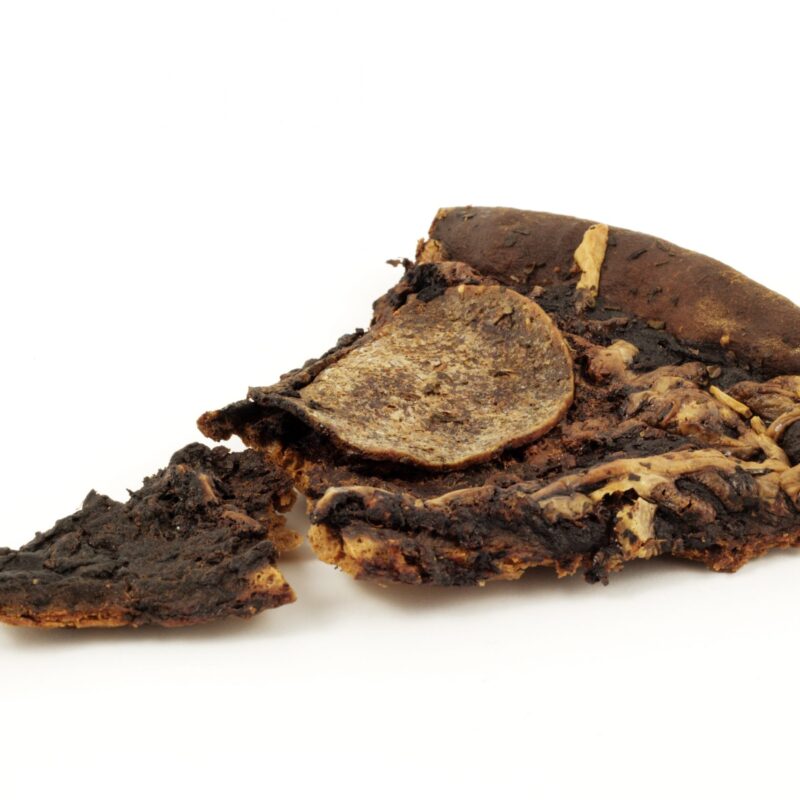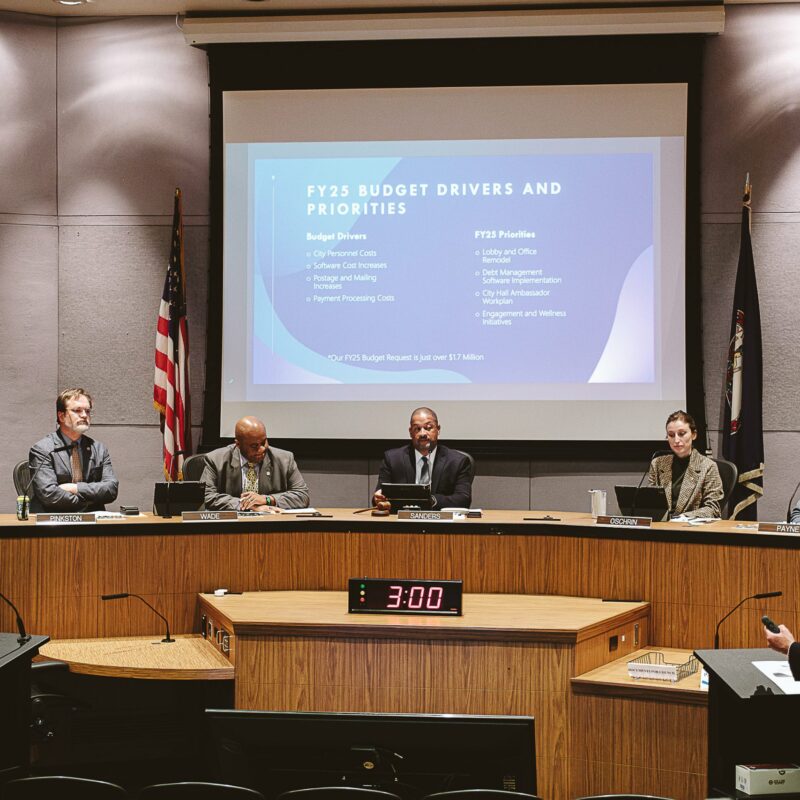cd
When gangsta rap ensemble Wu-Tang Clan recorded "Da Mystery of Chessboxin’" for 1993’s Enter the Wu-Tang (36 Chambers), they opened the track with a clip from a 1981 martial arts film called Shaolin & Wu Tang. In the film, members of rival kung-fu clans are pitted against one another by a government official that hopes to learn their secrets and control them. "The game of chess is like a sword fight," says the evil ruler. "You must think first, before you move." Advice that the emcees in the Wu-Tang Clan should’ve taken to heart from the beginning.
 Call him Doe boy: Ghostface Killah beats the release date of the new record from his Wu-Tang Clan brethren with The Big Doe Rehab, his long-winded, gloriously graphic new album. |
Nearly 15 years later, and the main goal of the Clan—from the group’s official biography, "to establish the Wu-Tang as a force…and then spin off into as many side projects as possible"—has taken hold, but not always for the better. Example: The big story surrounding the release of original Wu member Ghostface Killah‘s latest solo record, The Big Doe Rehab, is that he and Wu-Tang beatmaker RZA (repeat after me: "Riz-zuh") publicly argued over release dates for Ghost’s record and the new Wu-Tang album, 8 Diagrams. Though RZA ultimately bumped the release of the new Wu record back one week to accommodate Ghostface, the game of chess among the eight current Clan members has played out more like Chinese Checkers, with a little less foresight and a bit more in-fighting.
But Ghostface Killah (né Dennis Coles) planned ahead and avoided the ruckus, staying tight with Wu warriors Raekwon (who popped up on 2006’s Fishscale and returns on Doe) and Method Man (who rhymes on two tracks of Ghost’s latest). What’s more, GFK has succeeded in transforming the Clan’s metaphor- and allusion-heavy boasts into something more substantial—narratives that follow crack kingpins and fried-nerved addicts through scenarios as detailed as Bret Easton Ellis’ American Psycho in every respect.
"Hey, yo, I’m skinned up/ Nikes is scuffed/ Still buggin’ earlier around four how I escaped the bust," Ghost blasts off on "Yolanda’s House," then spends the ensuing three minutes sharing verses with Raekwon and Method about his flight from the cops. More impressive, the Killah does it without choruses to anchor in listeners; they have to follow GFK through each descriptive turn of his lengthy chase scenes like "Walk Around," the record’s brilliantly jumpy centerpiece that sees Ghost leap back and forth in time between a shooting and the aftermath. It gets a little tough to take in parts ("I gave him two stomach holes, one to the face./ He fell sideways…part of his nose was stickin’ to my padres.") but, paired with a sample from Little Milton’s "Packed Up and Took My Mind" that repeats "I walk around acting strange/ Like a man in a daze," the tune is perfectly executed, with GFK pairing old soul tunes and graphic violence like Tarantino.
Rick Rubin, the co-founder of Def Jam records, was profiled in The New York Times Magazine in September for his good fortunes as a spiritual guru in the pop music industry. He remarked that, before Def Jam was founded, "hip-hop records were typically really long, and they rarely had a hook." Ghost doesn’t adhere to Rubin’s pop song model, but he is the better for it, crafting lengthy stories that are grim, gritty and damned impressive. And that formula, much like the original Wu-Tang Clan itself, ain’t nothin’ to fuck with.





